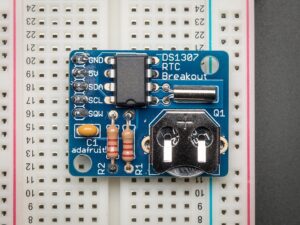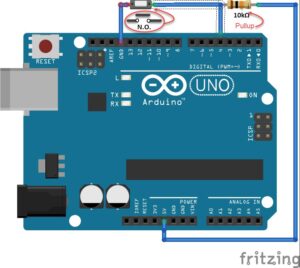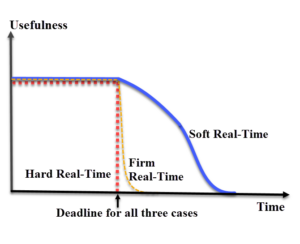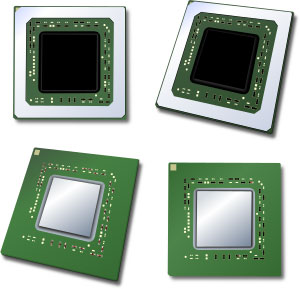Microcontrollers act upon instructions a few bits at a time, collecting the next batch of bits at regular intervals. Those regular intervals need to have a regular cadence for the MCU to be predictable, so MCUs have at least one clock to keep timing going at a regular pace, much like you would use a […]
FAQ
Trade-offs in choosing 8-bit vs. 16- and 32-bit architectures
Besides the advantage of higher performance in performing calculations and faster data transfers, what are the advantages of working with an MCU that has a larger bus width? MCUs with higher data bus widths enjoy higher performance in terms of faster operations, often more powerful development tools, more features, and better power efficiency. In general, […]
How to wire a switch to a microcontroller with pullup resistors
If you want a button or switch as an input on a microcontroller (MCU), you can use a “pullup resistor” so that the input is seen as a logical high when the (normally open) switch or button is closed. A pullup resistor is connected to Vcc, or logical high for your input, and therefore “pulls […]
What do you look for in MCUs, by application, across various vertical markets?
Embedded engineers design and develop electronics hardware and software for many different market segments, often called “vertical markets.” Major vertical markets include automotive, medical, industrial, military/aerospace, and consumer electronics. Of these major markets, some commonly desired attributes of electronics emerge. Automotive requirements include small size, low weight, low cost, power efficient, reliable electronics with ratings […]
What does Real-Time mean and when is it used?
“Real-time” essentially means “happening now or immediately responsive.” In engineering, real-time refers to systems that not only need to calculate the correct response, but they must respond instantly, often in continuous interaction (dynamically) with the system’s environment. Real-time is an expression used in two main areas with respect to software and electronics. Real-time can refer […]
A beginner’s guide to microcontrollers
by Jon Wilder Time after time I see beginners try to get started in embedded electronics, only to be overwhelmed and not know where to start. Some even make the mistake of trying to write their own code without first gaining a thorough understanding of the microcontroller/microprocessor they’re working with, the programming language they’re working […]





